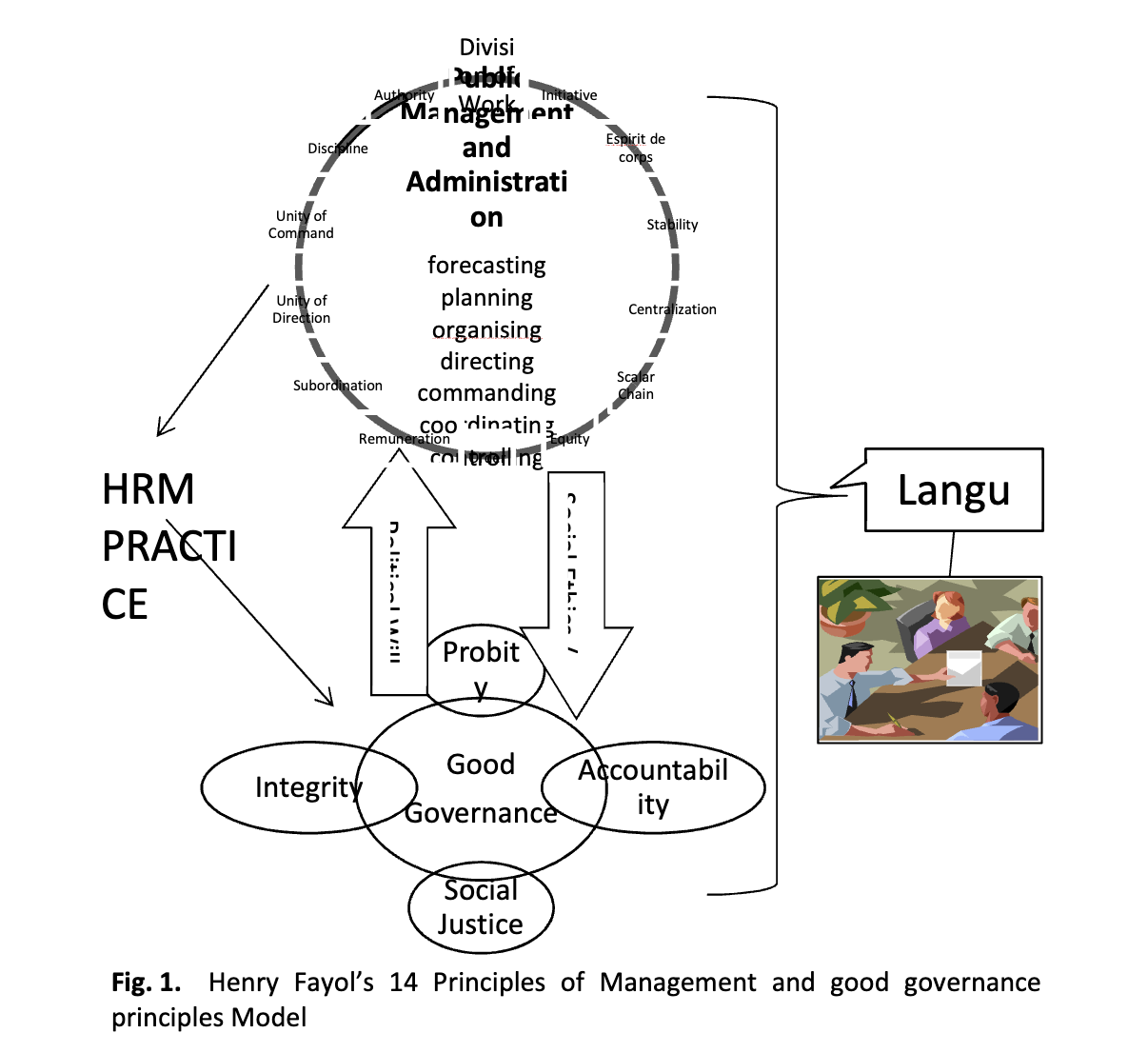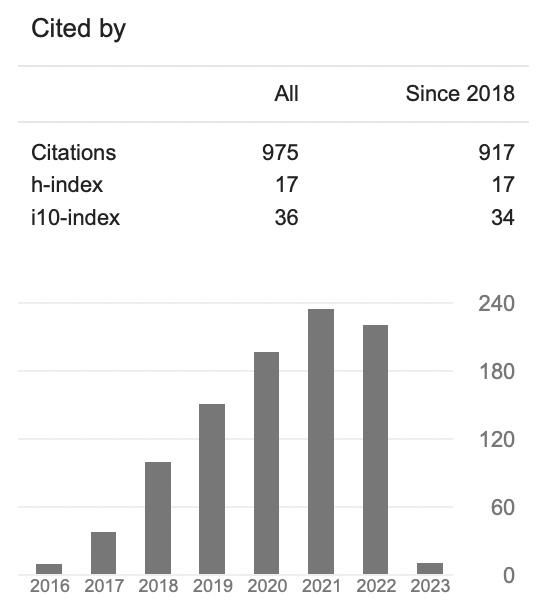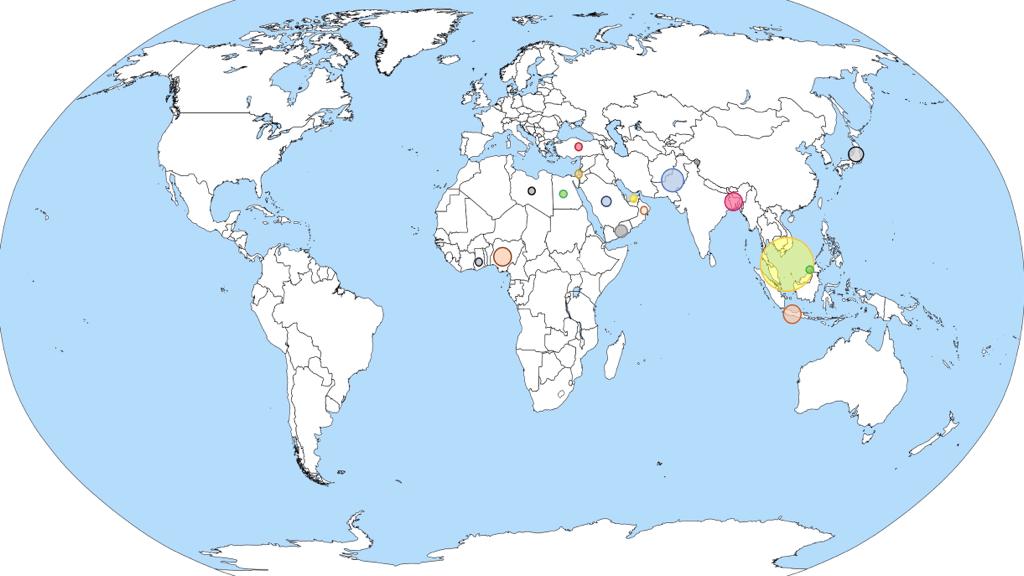A Contextual Framework of Henry Fayol’s 14 Principles of Management for Public Sector Efficiency and Effectiveness of Policy Responsibilities by a Government
Keywords:
principles of management, public sector administration, management, policies, human resource management practice, good governanceAbstract
Principles of Management are less discussed in the management of a country in Ghana. Every government has a responsibility to set good policies and implement them for the advancement and development of a country, but this seem to be a constant dream in Ghana. African countries statuses in the world stage are been labelled as developing countries and stack with poverty. Hence, their way of practicing democracy and governance are always downward trajectory. Therefore, the main purpose of this paper is to develop a total conceptual framework that will be suitable for good governance practice in Ghana, for that matter in Africa. This paper depicted a theoretical framework and contextual model of these principles with other identified variables in relationships and co-existence for a common goal. This findings indicated that Henry Fayol’s 14 principles of management (independent variable) cannot be treated or practiced in isolation as best management practice in the public administration (moderator variable) but rather has to be effected with Human Resource Management Practice (endogenous variable), and Native Language(s) (exogenous variable), in achieving successful good governance as dependent variable. By and large, Political Will and Social Ethics/Behavours are part and parcel of exhibiting good governance and are both Mediators within the contextual framework. This research concluded that for African countries to advance there is the need adapt good political will coupled with good ethical behaviours to be built in the citizens and public sector workers for best practice.













